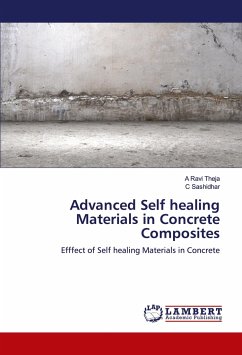Overview of Materials Science and EngineeringMaterials Science and Engineering is a multidisciplinary field that combines principles from physics, chemistry, and engineering to study the structure, properties, processing, and applications of materials. It plays a crucial role in the development of new materials and technologies that have revolutionized various industries, including aerospace, automotive, electronics, and healthcare.In this subchapter, we will provide an introduction to the field of Materials Science and Engineering, outlining its importance and relevance to engineers. We will explore the fundamental concepts, methodologies, and applications that engineers in this niche should be familiar with.Firstly, we will delve into the basic principles of materials science, discussing the atomic structure of materials and how it affects their properties. This includes topics such as crystal structures, grain boundaries, defects, and phases. Understanding these fundamental concepts is essential for engineers to design and select materials that meet specific performance requirements.Next, we will explore the various properties of materials, including mechanical, thermal, electrical, and magnetic properties. Engineers need to have a comprehensive understanding of how materials behave under different conditions and how to manipulate these properties through processing techniques. We will discuss the relationships between structure, properties, and performance, emphasizing the importance of materials characterization and testing methods.The subchapter will also cover different classes of materials, such as metals, ceramics, polymers, and composites. We will discuss their unique properties, processing methods, and applications in engineering. Furthermore, we will highlight the importance of material selection, considering factors such as cost, availability, environmental impact, and sustainability.In addition to the fundamentals, we will explore the various processing techniques used in materials engineering, such as casting, forming, welding, and additive manufacturing. Engineers must understand these processes to optimize material properties and achieve desired performance characteristics.Lastly, we will discuss the applications of materials science and engineering in various industries. From lightweight and high-strength materials for aerospace applications to biocompatible materials for medical devices, we will showcase the impact of materials science on technological advancements. Overall, this subchapter aims to provide engineers in the niche of Materials Science and Engineering with a solid foundation in the field. By understanding the principles, properties, processing, and applications of materials, engineers will be equipped to make informed decisions and develop innovative solutions to engineering challenges.
Hinweis: Dieser Artikel kann nur an eine deutsche Lieferadresse ausgeliefert werden.
Hinweis: Dieser Artikel kann nur an eine deutsche Lieferadresse ausgeliefert werden.








